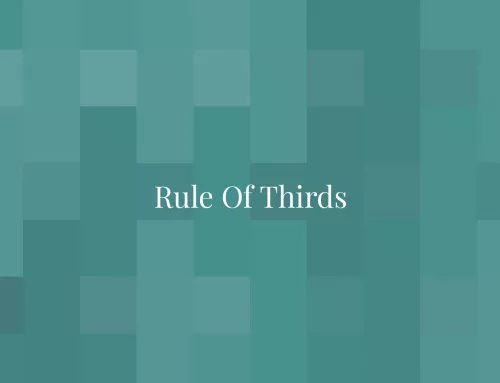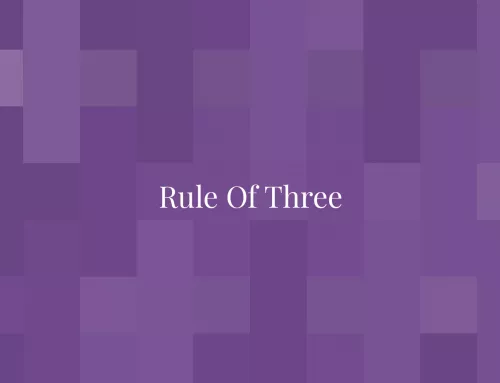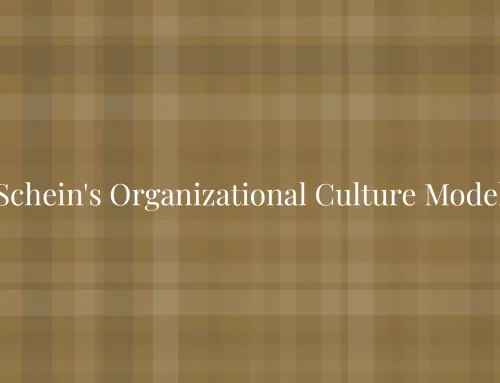During client discovery, the consultant dives below the client organization’s surface to gather details on the facts that the client has provided, test hypotheses, & probe deep into whatever problems the organization is facing. Traditionally, client discovery involves face-to-face interviews between the consultant & key stakeholders within the organization. The consultant & client work together to identify stakeholders who can provide the most useful information, & the consultant interviews these stakeholders one by one. During client engagements, you will mostly collaborate with the client’s project stakeholders throughout the institution to carry out your work with. Hence, you should ensure that the understanding is consistent among all the parties involved in the project. In addition, you should fully comprehend others’ perspectives, expectations & understanding of your role in the project.
Questioning – a necessary imperative
Given the level of depth that is necessary to sort out many business problems, client discovery usually occupies most of the consultant’s time after he or she enters the firm. While executive insights & other data sources can provide the consultant with valuable data, the client discovery phase gives the consultant human data insights that provide an invaluable level of detail around the business problem at hand which makes sound consulting questions essential. The HBR article[1], The Surprising Power of Questions talks about the importance of questioning as a skill to be honed, & as a tool for unlocking value in companies. It spurs learning & the exchange of ideas, fuels innovation & performance improvement & builds rapport & trust among the team members.
Most consulting, projects focus on delivering specific results & almost always involves some degree of change. However, the simplest of changes could be the most challenging & crucial things for your client’s success. Hence, you should closely listen to your client before you start asking questions. Every consulting engagement is unique, & so interview questions will vary depending on the client, the client’s circumstances, & the business problem. Let your client explain what they need from you. You can then use this information to understand & analyze your client’s situation before trying to solve their problems.
Types of questions
Therefore, questions are dynamic & strategic. Questions help you glean insight & answers. Questions assist assessment of culture, values, norms, emotions, & reactions. Furthermore, they help balance challenge with opportunity. In general, questions serve four main purposes:
- Listening
- Learning
- Lending, &
- Leading
Questioning to Listen
Listening may seem like an obvious characteristic of any profession. In consulting, listening is an imperative for several reasons. As a client-centric profession, it is our job to objectively understand the needs of the client. Hence, you should endeavor to structure your questions to stimulate information collection. You should strive to ask questions that will yield important information or insights. Subsequently, you should synthesize & extract the information relevant for the project. Refining how you question will enhance the quality of responses you receive. This will help enhance your understanding & help identify any gaps or blind spots that may require additional clarification.
The HBR article[2], Better Brainstorming suggests that, for breakthrough insights, we focus on questions rather than the answers. Better questions can lead to answers that challenge deeply held assumptions. They make it easier to push past biases & venture into uncharted territory. Asking questions to draw out information will allow you to best place the project objectives within the larger organizational context. This will also help you build relationships with & gather support from the client stakeholders. In short, ask questions that yield opportunities for intentional listening.
Questioning to Learn
To facilitate action, you should gather information & understand what you have collected to make your recommendations. When working with diverse client stakeholder groups, you must ask the right questions to engage all parties & gather multiple perspectives & viewpoints. As consultants, our job is to learn as much as we can about the project, the organizational context, client expectations, etc. By strategically crafting & asking the right questions, learning ensues. Through this line of questioning, you can learn about the people involved in the project, the organizational culture, reporting structures, challenges, needs, strategies, successes, personnel functions, anxieties, hopes, etc. Questioning to learn is a cyclical process of questioning, learning & acting.
Questioning to Lend
This line of questioning affords a strategic opportunity to best navigate what clients need. Often in challenging situations, consultants don’t know what we don’t know. We aren’t always sure what it is we need even when we know there is a dire need. By strategically asking questions, we can highlight needs or areas where we may be able to help. We use questioning as a technique to lend expertise, talents, networks, technology, ideas, tools, or support.
Questioning to Lead
The experience that consultants bring to projects yields an opportunity to provide leadership. Organizations are often tasked beyond their capacity to complete needed work towards change, function within highly politicized environments. Sometimes, clients need an expert to fill voids or complete teams. We use questions to help lead actions & direct strategy. These questions support actions & glean any reactions to those actions. Such questions help maintain the pulse on emotional, cultural, or organizational responses to help develop appropriate guidance or strategy. A consultant’s success reflects the success of the organization with which they work. Hence, it is essential to use questions to ensure success, action, innovation & quality.
References




